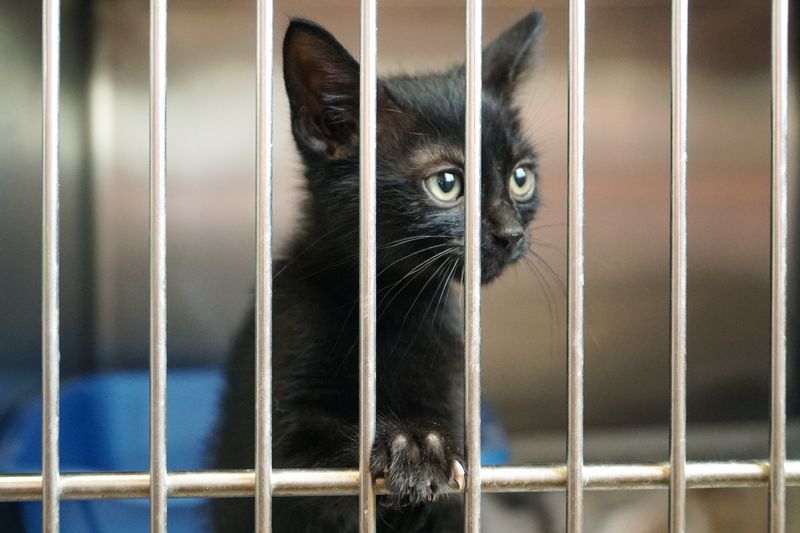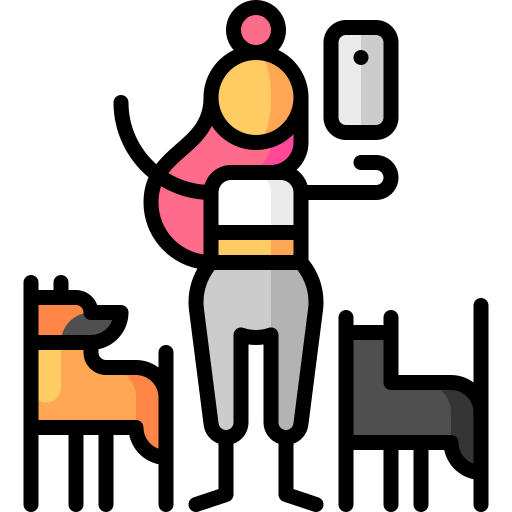Have you ever seen a heartbreaking ad for animals in need and wished you could help?
Or maybe you’re an animal lover who wants to open your home to a pet, but you can’t make a long-term commitment to owning one right now.
If this sounds familiar, fostering a pet may be a great choice for you!
 Photo by Wade Austin Ellis on Unsplash
Photo by Wade Austin Ellis on UnsplashThe Need for Fosters
 Photo by Thomas Park on Unsplash
Photo by Thomas Park on UnsplashOver 6 million dogs and cats enter U.S. shelters each year, and nearly a million of these are eventually euthanized.
Although the reasons behind these statistics are complex, the biggest issue is that shelters just don't have room for all of the animals in need. This is where fosters can help!
Benefits of Fostering a Pet

You can test-run living with a pet before deciding if it’s the right long-term choice for you.

You can enjoy spending time with a pet without the expenses of pet ownership.

If you have teenagers, they may be able to earn service hours toward graduation or scholarship requirements by helping to care for the pet.

If you already have other animals in the home, they may enjoy the company of your foster pet.

You can provide a dog or cat with a safe temporary home, away from the noise and stress of the shelter. Your help may even save its life!
Possible Challenges
The pet may have behavioral issues and may not get along well with other pets or people in the home.
The pet is likely to be stressed and scared.
It may be sick or injured and require medication or other special care. It could even have a communicable disease that it could pass on to other pets in your home.
Bringing a pet into your home will require adjustments to your schedule.
Important Questions to Ask Before Deciding to Foster a Pet


Do I have time to care for a pet right now? Do I have any upcoming travel plans that could affect my availability?

Is there a dedicated space in my home for a foster pet? If I have other pets, how will I keep them separated during the initial quarantine period and when I'm not home?

Can I commit to taking my foster pet to its veterinary appointments and meetings with potential adopters?

Will I make an effort to help my foster pet find a forever family?
Fostering Options
Different pets will require different levels of care, and understanding their needs can help you to choose the right foster pet for you.
Lower Maintenance
Adult cats are generally low maintenance and don’t need to go outside for walks and potty breaks.

Many shelters also need fosters for mother cats with their litters of kittens.
Although you'll need to spend time each day handling the kittens in order to socialize them, their mom will do most of the feeding and cleanup work for the first few weeks!

Senior dogs are a great option for foster parents who prefer a more laid-back, sedentary companion.

Higher Maintenance

Puppies and young dogs tend to be a lot of work!
Potential foster parents will need to plan for their daily schedules, including feeding at least twice a day, daily walks and play, and potty breaks from early morning until late at night.

Very young, orphaned, or abandoned puppies and kittens will require a tremendous amount of around-the-clock care to survive until they are old enough to eat solid foods on their own.
Most shelters will require potential fosters to have special training or previous experience in caring for these young animals.

Quiz
Denise loves animals and has plenty of room for a pet. She has free time on the weekends, but works long hours during the week. What would be the best foster pet option for her?
Take Action

Your feedback matters to us.
This Byte helped me better understand the topic.


